Dear Colleague,
I am pleased to introduce you to Precision Pain Care (PPC) as a referral resource for your patients, those who are experiencing acute or chronic pain, and who may require surgery or pain advice from a qualified interventional pain management (IPM) physician.
Physician partners are a vital link in patient care. My priority in working with referring physicians is to…
- -Ensure your patients receive the highest level of subspecialized IPM care, delivered by a skilled, board-certified and fellowship-trained pain management physician.
- Attend to your patients in a compassionate, timely manner.
- Communicate effectively with you and your staff to provide quality coordinated care for your patients.
- Make it easier for your patients and/or your office staff to request an appointment with online tools.
Dedicated to precisely and accurately pinpointing the root cause of each patient’s pain, PPC provides relief through a variety of minimally invasive treatments that deliver treatment directly to the source of pain.
PPC provides a range of minimally invasive pain management services using the best modern technology has to offer. My practice offers over twenty different treatments including facet injections, implantable drug delivery systems, nerve blocks, neuroaugmentation, and radiofrequency rhizotomy.
We are a small, highly specialized practice, offering patients personal service and continuity of care from one visit to the next. Our targeted, personal approach sets us apart from large, impersonal pain management centers.
Click here to read my complete biography. Highlights include:
- Board-certified in anesthesiology and pain management
- Formerly a practicing anesthesiologist and assistant professor of anesthesiology at Tufts/New England Medical Center, Boston
- Medical degree from Rush Medical College, Chicago
- Internship at Rush-Presbyterian-St. Luke’s Medical Center, Chicago
- Anesthesiology residency at Beth Israel Medical Center, New York City
- Pain management fellowship from the University of Cincinnati
- Past President of the Tennessee Chapter of Interventional Pain Physicians
- Physician Instructor for the Spine Intervention Society
Thank you for your time and interest, and for considering PPC as an interventional pain management referral resource for your patients.
Feel free to contact us at 615-223-6200 with questions or feedback, or to request information about specific advances in interventional pain management practices that may benefit your patients.
Sincerely,

Middle Tennessee’s Premier Spine and Pain Surgery Center.
Founded by Dr. Graf Hilgenhurst, Spine and Pain Physicians Surgery Center provides minimally invasive procedures to relieve spine and pain discomfort associated with disc herniations, sciatica, spinal stenosis, degenerative disc disease, compression fractures, and other painful conditions.